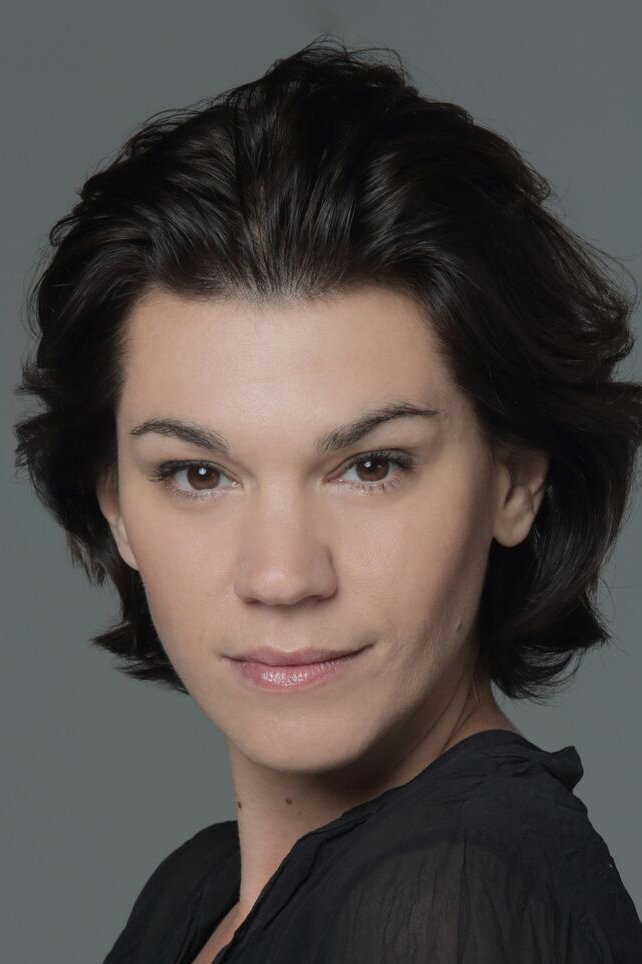
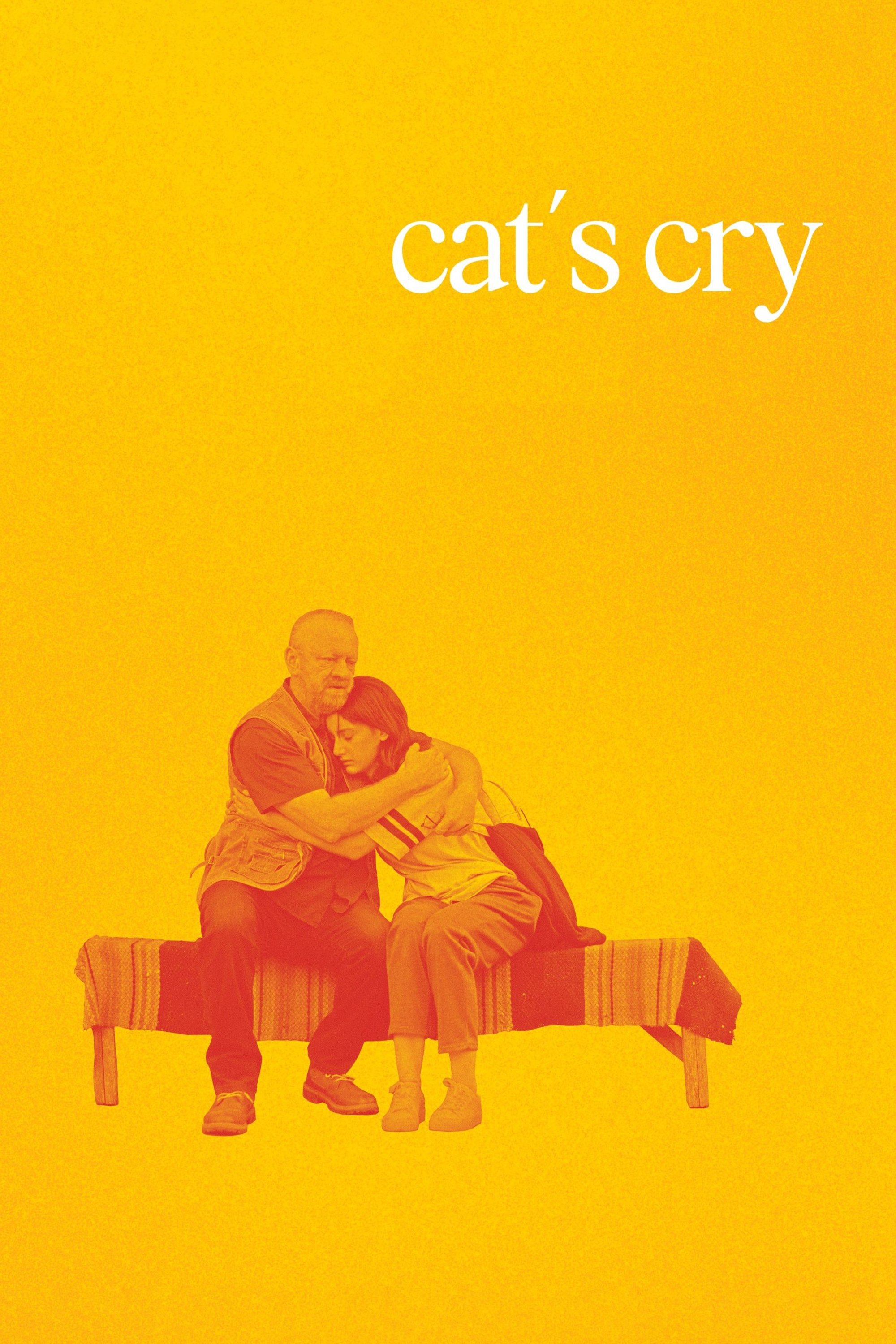
When his daughter disappears, Stamen, a retired factory worker from a small industrial town in Serbia must fight a flawed social system to gain custody of his granddaughter, who suffers from a rare condition called “Cat’s Cry Syndrome”.
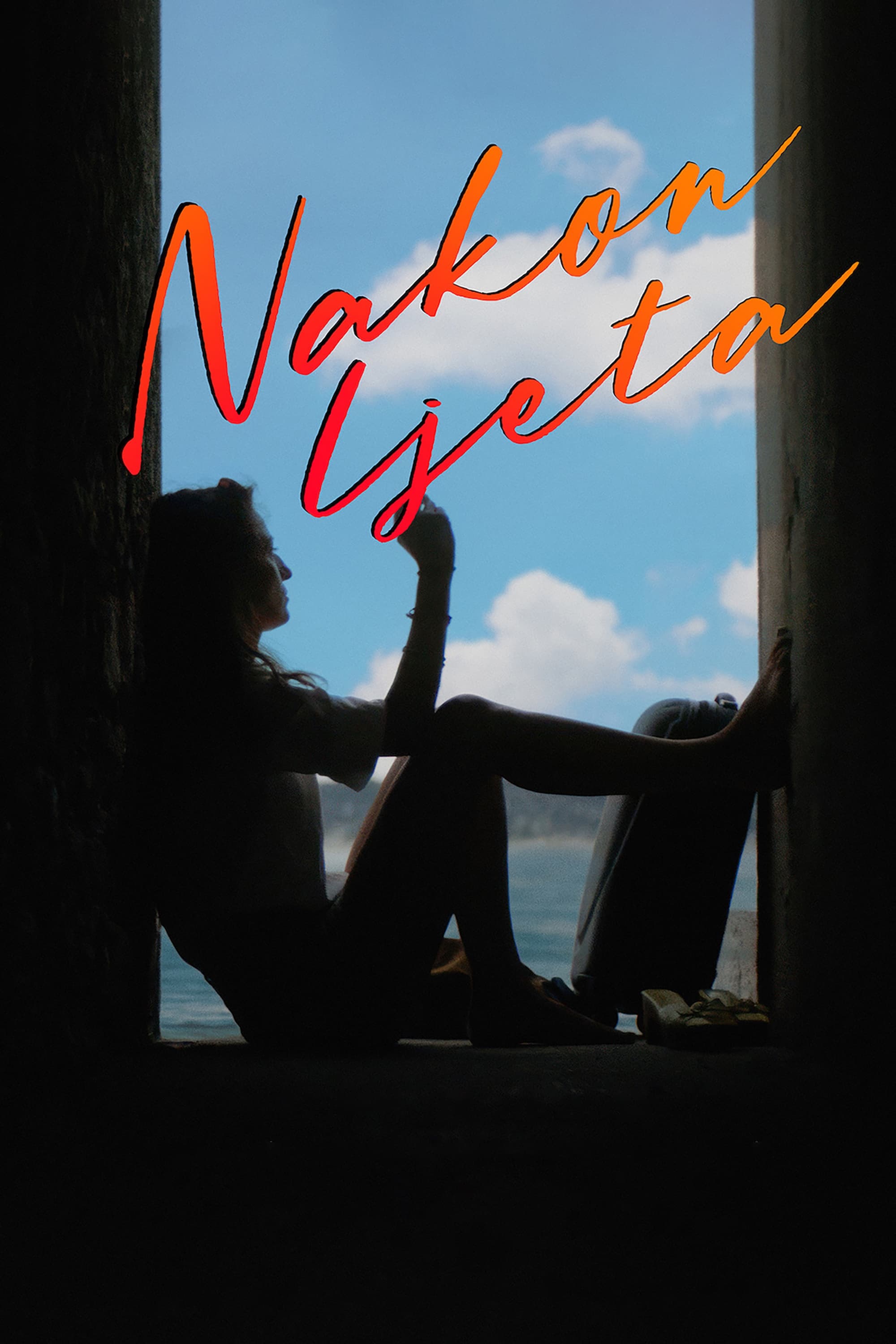
Arriving on an island, a young woman embarks on a journey to discover her identity and place in the world. Her experiences on the island unravel a tapestry of past events, bringing hidden truths to light. As the situation grows increasingly complex, she is driven towards a profound reconciliation and acceptance, starting with herself and gradually encompassing those around her.
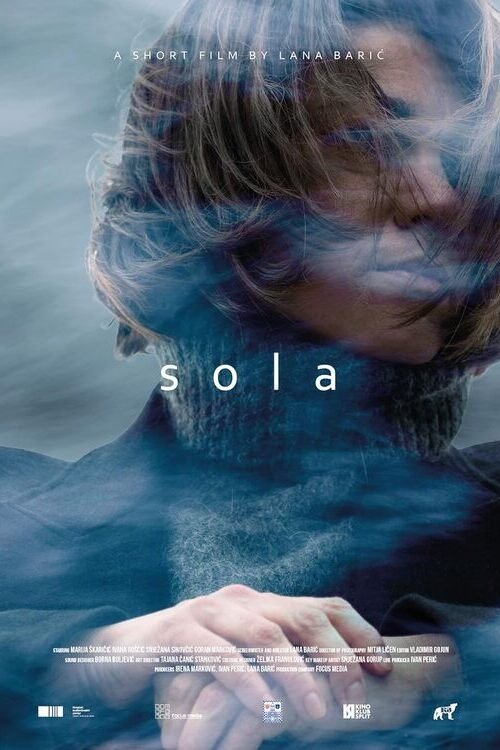
After many years, Karla returns to her home island where she must face everything she left behind.
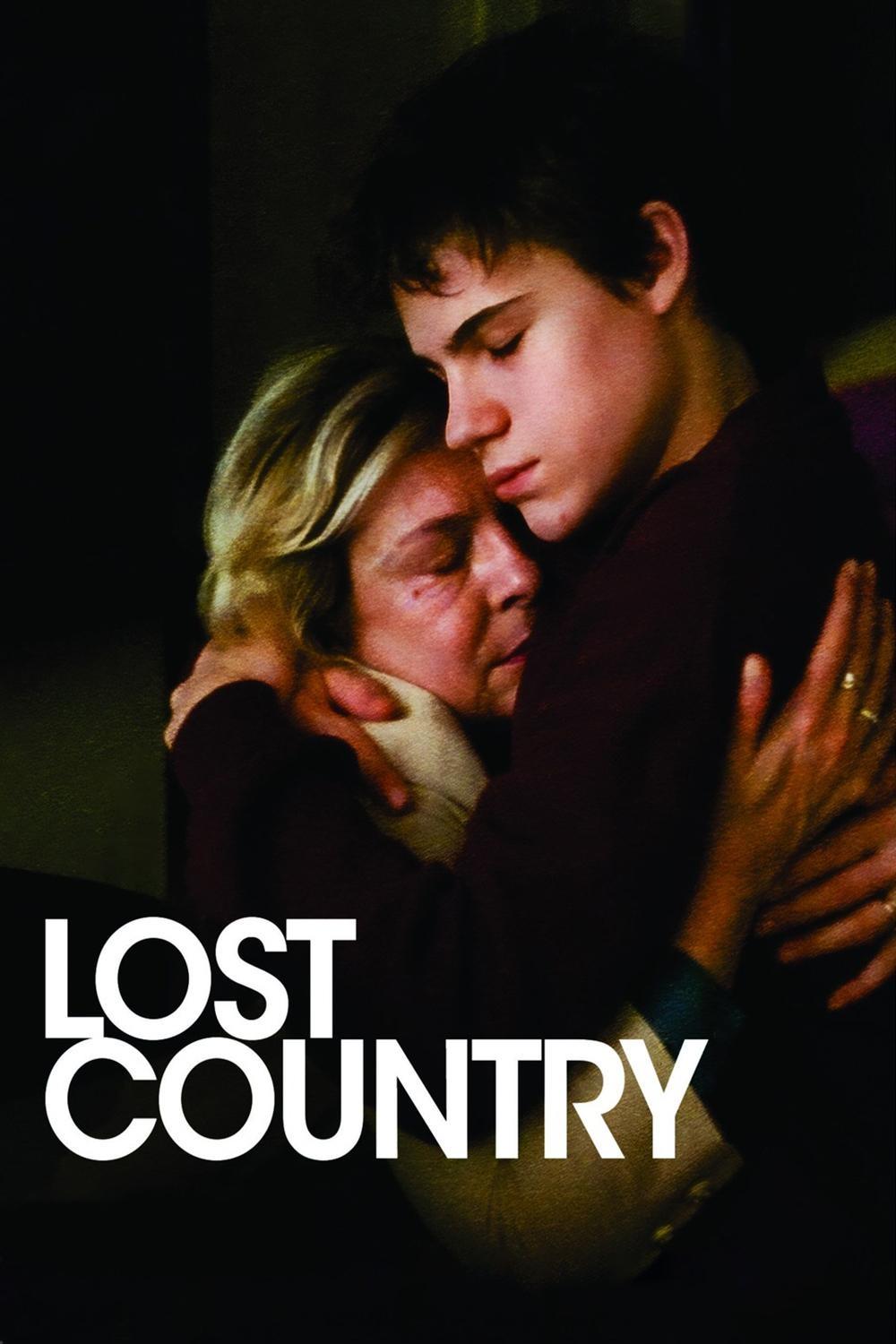
Belgrade, 1996. During the student demonstrations against the Milosevic regime, 15-year-old Stefan leads his own revolution in the heat of events: accepting the unacceptable, seeing his mother as an accomplice in the crime and finding, despite the love he feels for her, the strength to confront her.
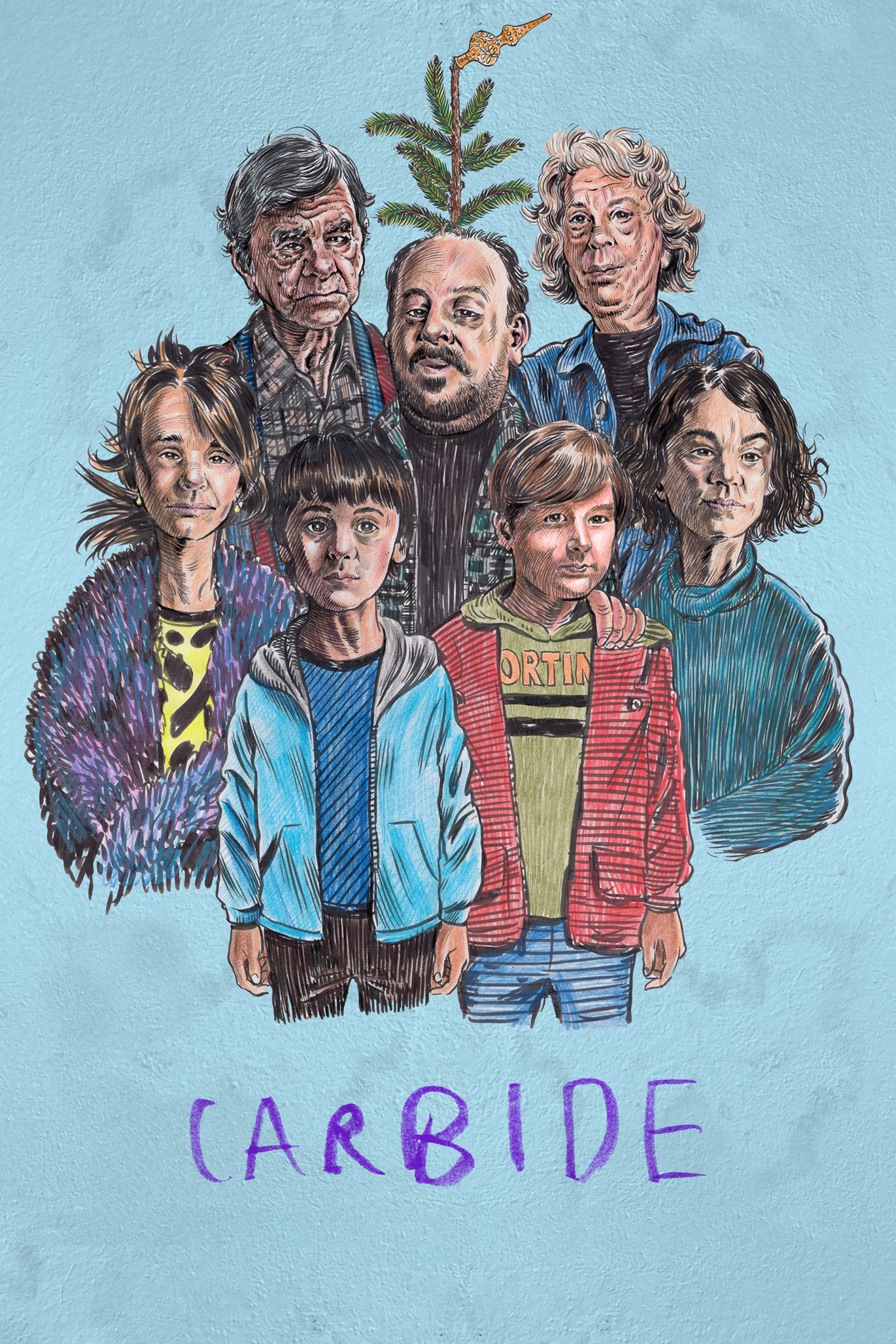
Antonio and Nikola are inseparable friends who live across the road from each other, and share a love of pyrotechnics and mobile phones. Their families have been in dispute for years over an easily resolvable problem: the water that flows from the top house to the bottom house. The boys’ friendship, as they are about to enter puberty, is put to the test at Christmas time when their families uncover much more dangerous secrets and interests, and the water just carries the hate of the adults to the children.
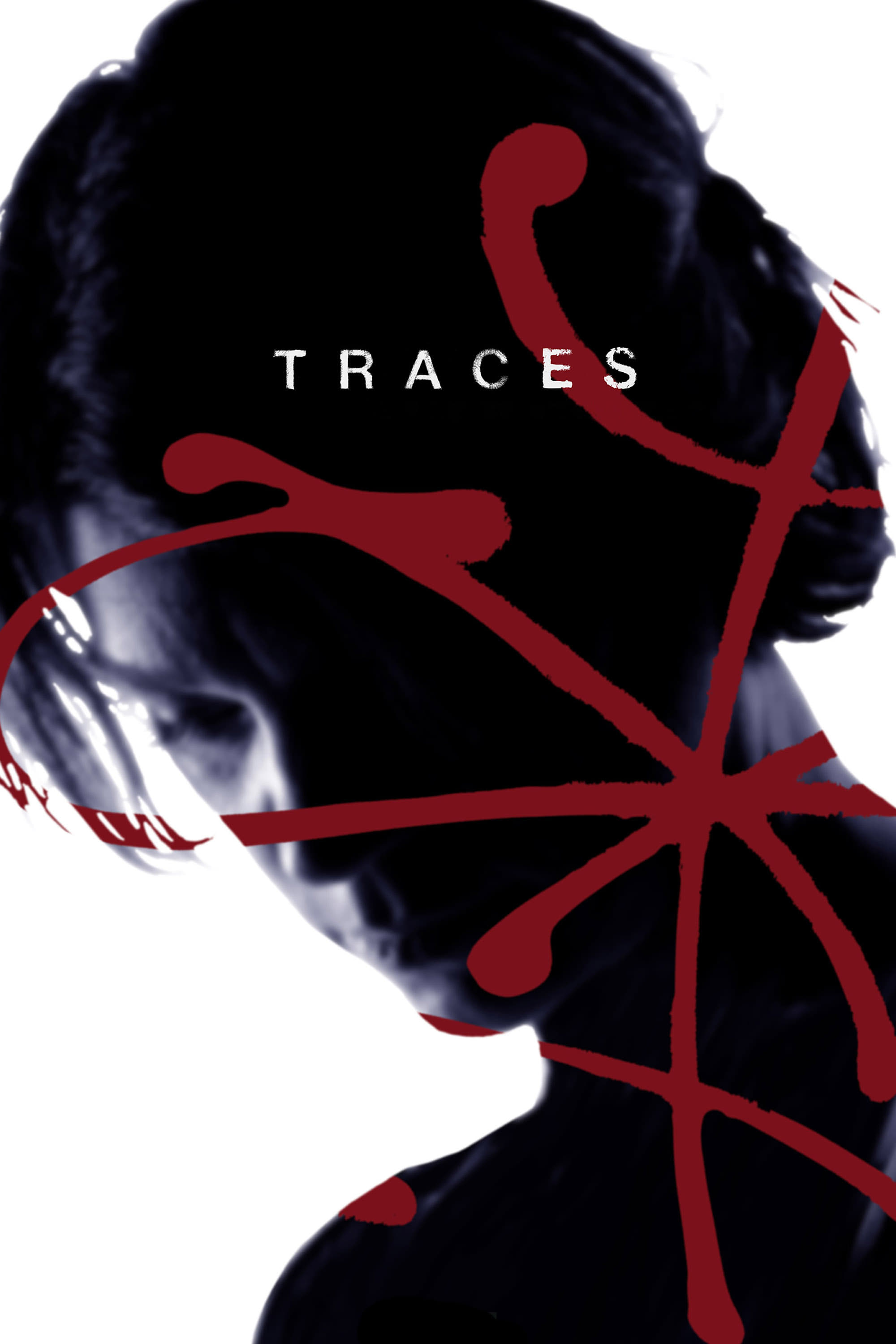
After the death of her father, young scientist Ana struggles with an identity crisis, being the last member of a once large family. The changes inside her are suddenly reflected in reality – loneliness, crisis, emigration – and her scientific research on mystical symbols and human traces left in stone are mysteriously intertwined with her life.
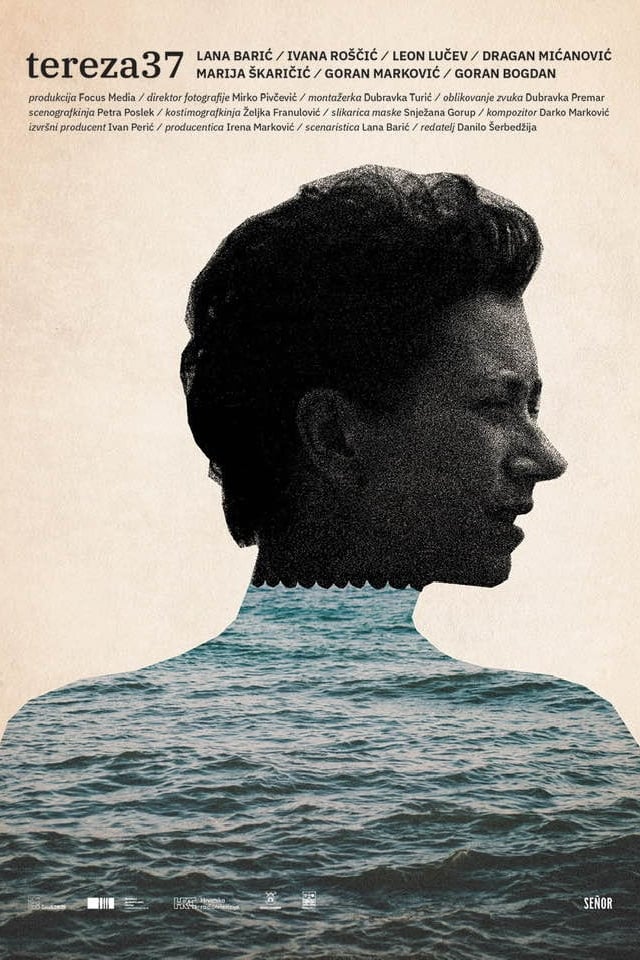
After several miscarriages, Tereza's gynecologist, in an attempt to cheer her up, jokes she should try to conceive with a different partner. This remark shakes up her monotonous life and steers it in a new direction.
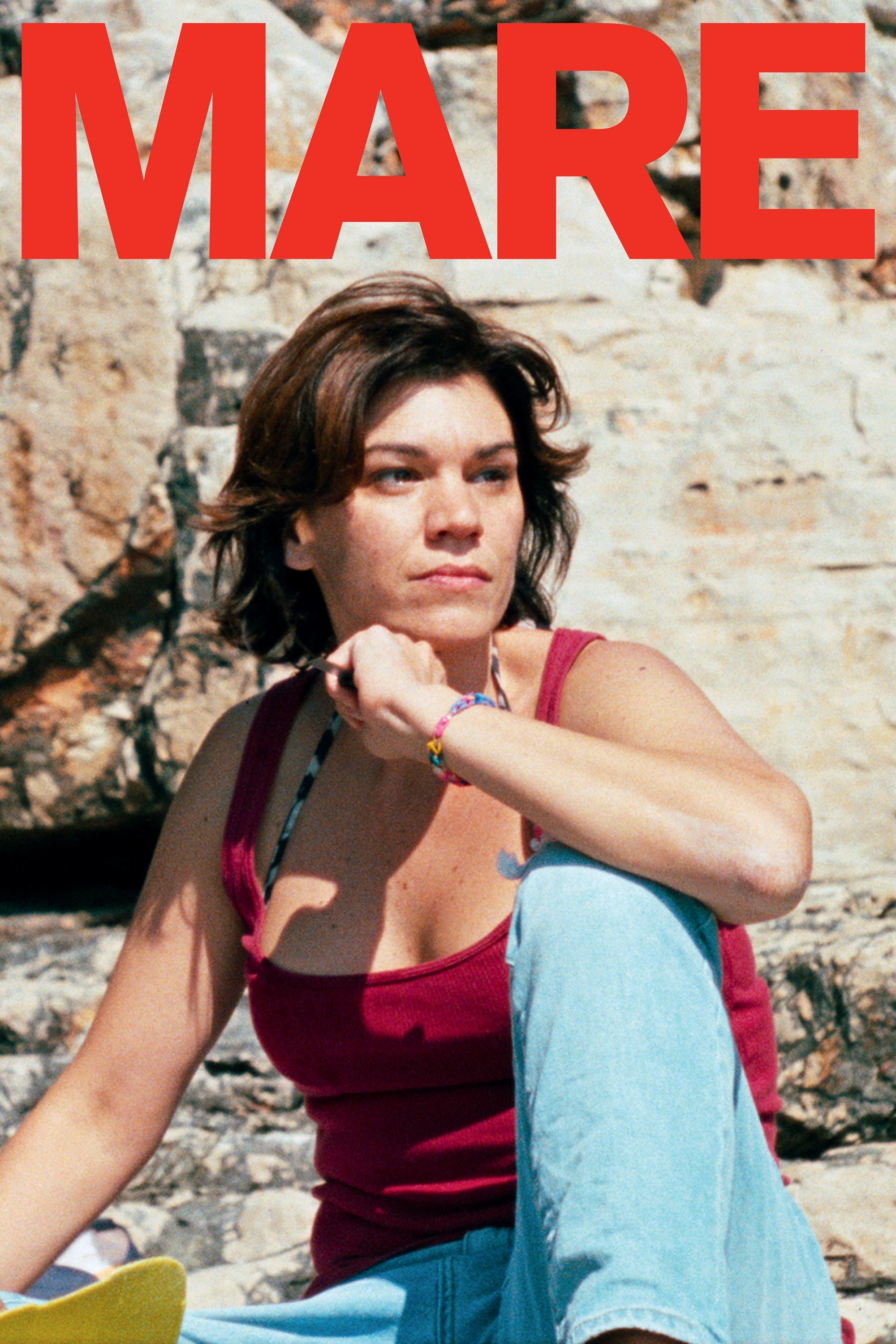
Routinely, but with dedication, Mare runs her small family’s modest household, even though a new washing machine is not the only thing that is missing. When a chance encounter rekindles her libido, she does not hold back for long.
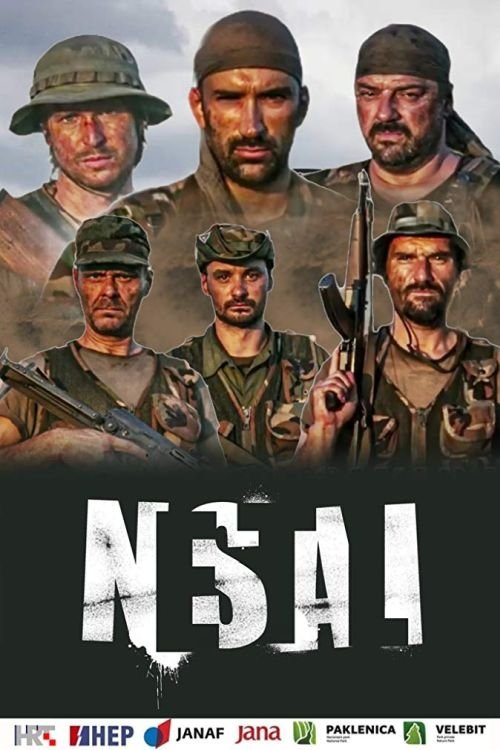
After a military operation of limited operation, six Croatian soldiers (Prka, Sikira, Nervoza, Gradski, Delon and Pape) remained behind the enemy lines for 10 days before being cut off from the enemy lines. Soldiers have not known each other all their lives and have been brought together by war. People of different profiles meet.

Three friends, Jelena, Ana and Zorka meat three days before 20-year's high school reunion. Ana lives in a neighboring country, she's a biochemist and she has diagnosed (correctly) herself with breast cancer. Fuki their best male friend, never moved from their hometown, lives with his high-spirited grandmother, and occasionally gets involved with dubious people and business schemes. Each of the ladies used to be in love with Fuki at some point in their lives, but after all, they remained best friends. In three days, they all have a great challenge: to help Ana find the money for the operation. They will have to go through serious soul-searching, in order to find courage and strength to bring out the best and most noble in them. Breasts define all of them, not only as a metaphor.
Prvu glavnu ulogu dobiva 2004. godine u filmu Ta divna splitska noć redatelja Arsena Antona Ostojića. Već tom ulogom Marija vjernim portretom heroinske ovisnice dobiva laskavu titulu najtalentiranije hrvatske glumice. Za formalno priznanje takvog statusa pobrinuo se žiri sarajevskog festivala s Mikeom Leighom na čelu, dodijelivši joj iste godine Srce Sarajeva, prestižnu nagradu za najbolje žensko glumačko postignuće. Novi pravi glumački zalet uzima u jednoj od najvećih hrvatskih komercijalnih uspješnica, filmu Što je muškarac bez brkova (2005.) Hrvoja Hribara. Njena energična interpretacija pokroviteljske, pomalo grube i sirove starije sestre Ljubice nametnula se kao racionalna protuteža središnjim likovima upotpunjujući time dodatno dramski okvir radnje. 2006. oživljava staru ljubav sa Sarajevom odnoseći po drugi put s tamošnjeg festivala Srce Sarajeva za najbolju žensku ulogu u filmu Gospođica redateljice Andree Štake. Marija ovaj puta svoj glumački senzibilitet stavlja u službu prikaza djevojke Ane čija neprilagođenost i nezadrživi mladenački temperament nepovratno utječu na sve one s kojima je turbulencija života stavi u doticaj. U njoj Marija glumi sa najvećom filmskom divom ovih prostora Mirjanom Karanović, a upravo će Mariju mnogi proglašavati njenom nasljednicom, dok će sama Mirjana Karanović u intervjuima upravo nju izdvojiti kao jednu od najboljih hrvatskih glumica. Slijede mnoge manje filmske uloge u brojnim hrvatskim filmova, a glavne uloge dobiva 2010. godine i to u njemačkom filmu Shahada (koji je bio u konkurenciji Berlinskog filmskog festivala), te potom u filmu Dalibora Matanića Majka asfalta. Za tu ulogu je nagrađena Zlatnom arenom za najbolju glavnu žensku ulogu na 57. Pula film festivalu i Fipa D'OR Grand Prize za najbolju žensku ulogu na festivalu International Festival of Audiovisual Programs u Parizu. U ovom je razdoblju Marija Škaričić jedna od najzaposlenijih i najnagrađivanijih hrvatskih filmskih glumica, sa čak 18 dugometražnih filmova koje je snimila u razdoblju od 2000. - 2010. čime se ni jedna druga hrvatska glumica ne može pohvaliti. Glumila je i u serijalima Bumerang i Operacija Kajman, a u kazalištu se pojavljuje jako rijetko.
By browsing this website, you accept our cookies policy.